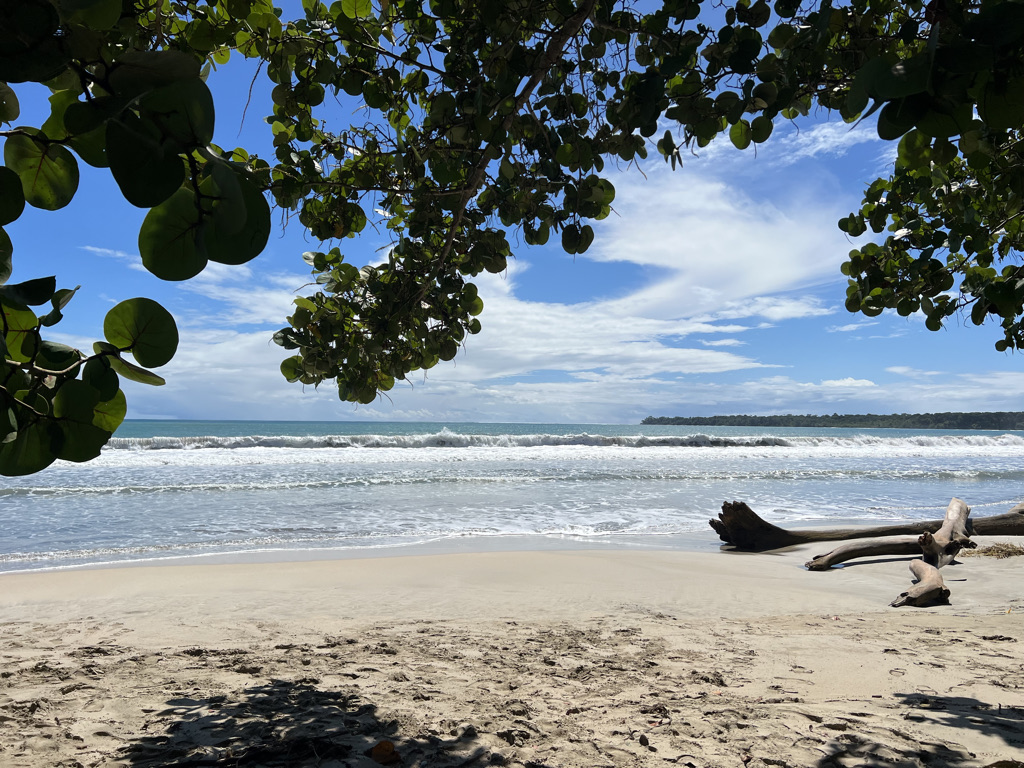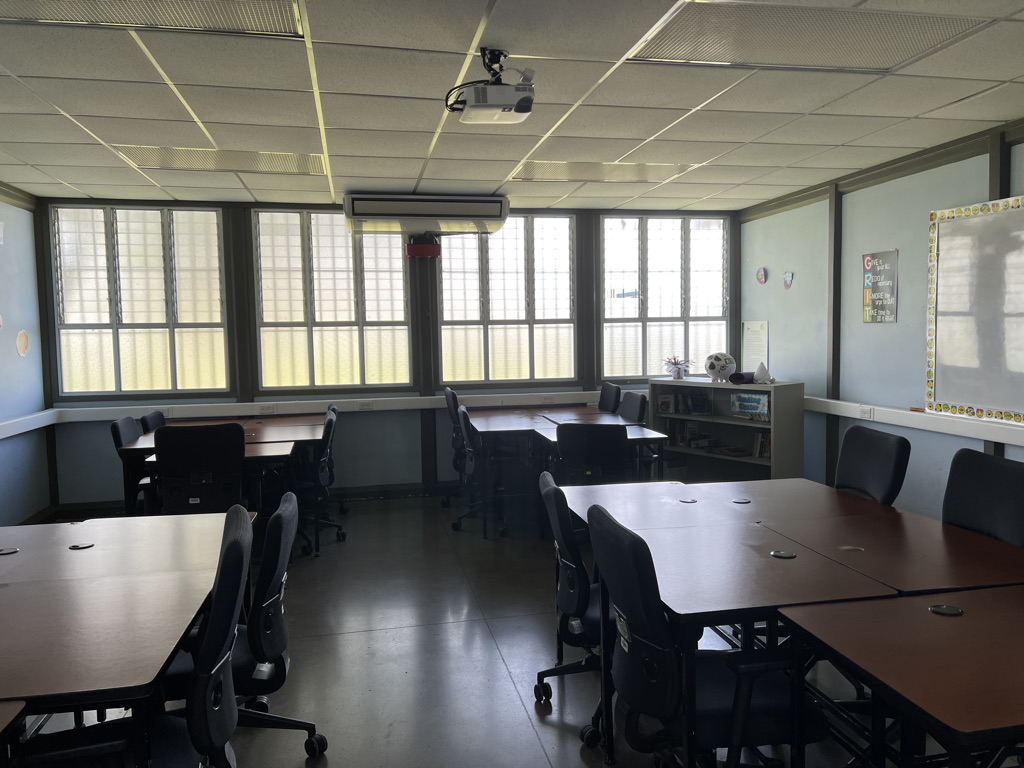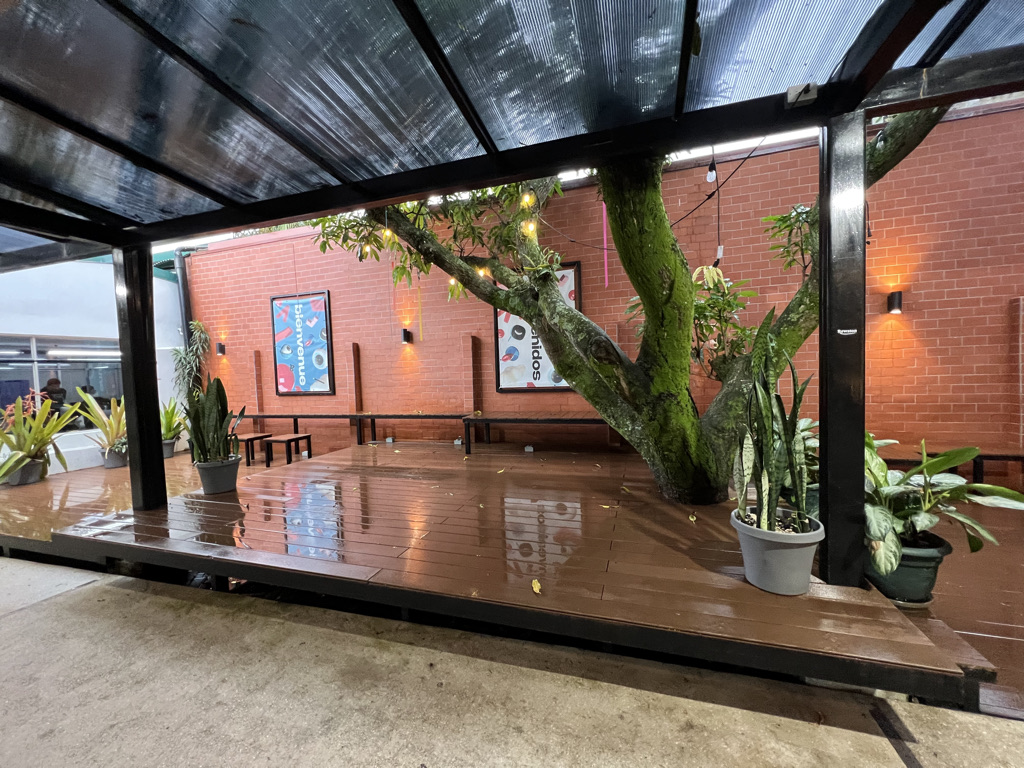
As I reflect upon my time in Costa Rica, I am grateful for everything I’ve learned and all the incredible people I’ve met. I feel especially fortunate to have taught English in a local technical high school. Even though I was the one teaching, I know that my students have taught me as much as I taught them.
To expose the students to US American culture, the teacher I worked with had each student ask me questions about my educational and cultural experiences. Evidently, I learned a lot about Costa Rican culture in return [some interesting questions received include: “Do cheerleaders act like they do on TV?” (…yes) “What’s your favorite Spanish word?” (mariposa) “You DON’T brush your teeth in public?” (definitely not…Costa Ricans treat brush their teeth as a social activity and leave class to do it, which is honestly probably a good habit)].
One student asked me, “Is prom really like it is in the movies?”
This question revealed more than just school dance activities. As I described my prom, looks of surprise appeared on the students’ faces. They told me how at their school dances, their family members all come and dress to the nines. They grumbled that prom is so expensive because they have to pay the entrance fee for about ten family members. With this simple little question, I learned how collectivism plays a huge role in Costa Rican culture. Family is much more important than the individual, an idea that often conflicts US American liberty and personal freedom. I would have been mortified to have my parents at prom (if you’re reading this Mom I love you), but that is simply the norm for Costa Rican teens.
Another girl asked, “What holidays do you celebrate?”
The students were once again surprised when I described our military holidays like Veterans Day and Memorial Day. This is a completely foreign concept to Ticos—Costa Rica abolished its army in 1948. This fact is only one of the reasons Costa Rica has a low power distance. Workers rights are strong, and Costa Rica had almost no slavery in its history.
Despite the many cultural values that differ from the United States, I have felt at home in Costa Rica, and I will greatly miss my time here. I am incredibly thankful for this experience—for being able to practice my Spanish, for the kindness of my host family, for the beautiful views, and of course for all my new friends.
Goodbye, Costa Rica! <3








